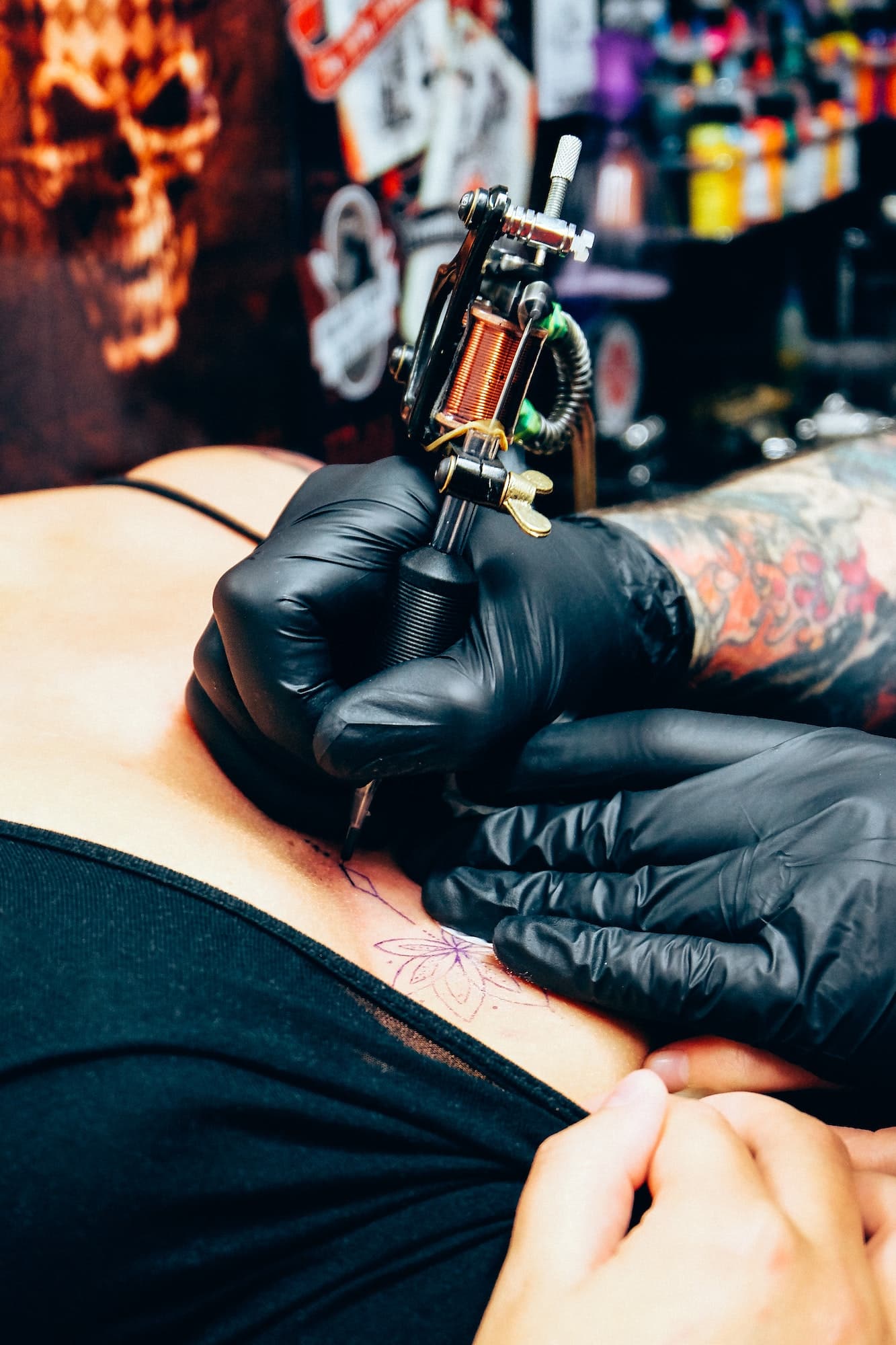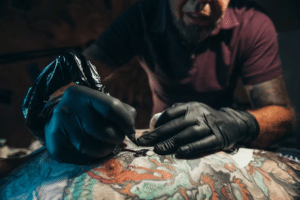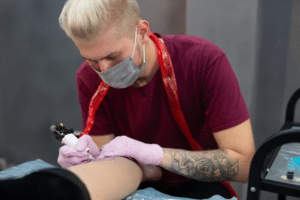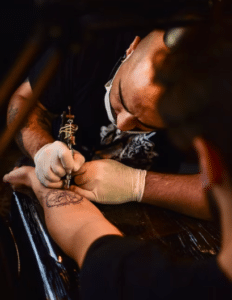Say Goodbye To Infected Tattoo: Prevention And Treatment
Having a tattoo is a great way to express yourself, but it does come with risks. One of the most worrisome risks is infection. An infected tattoo can be painful and unattractive.
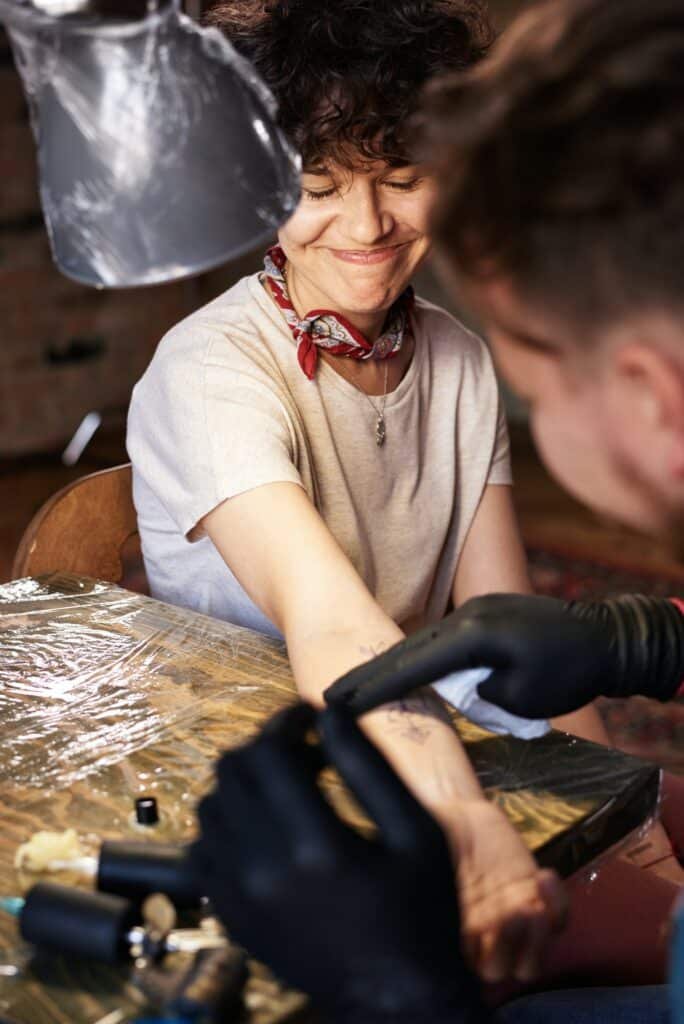
So, how do you treat an infected tattoo?
This article will discuss the best ways to treat an infected tattoo. We will cover signs of infection, prevention tips, and treatments you can use to get rid of the infection quickly and safely.
Proper Diagnosis
Getting a tattoo is an exciting experience for many people, but it’s important to remember that it involves penetrating your skin with needles. As such, there’s always a risk of infection. If you notice any signs of an infection after getting inked, getting a proper diagnosis from a qualified healthcare provider is crucial.
The Signs Of Infection
Tattoos have become a popular form of self-expression in recent years. However, it is important to remember that tattoos are essentially open wounds requiring proper care. In some cases, tattoos can become infected, which is a serious health risk. Knowing the signs of tattoo infection can help you identify potential problems early on and seek medical attention before they worsen.
The first sign of tattoo infection is redness around the area. If your tattoo becomes increasingly red and inflamed after a few days, it could indicate your body is fighting off an infection. Additionally, if you notice any swelling or tenderness in the area surrounding your tattoo, this could also be a sign of infection.
Other symptoms to look out for include excessive pain or tenderness in the area surrounding your tattoo and any discharge, such as pus or fluid oozing from it. Additionally, if your tattoo feels hot to the touch or is accompanied by a fever, this could be another indication that something isn’t right.
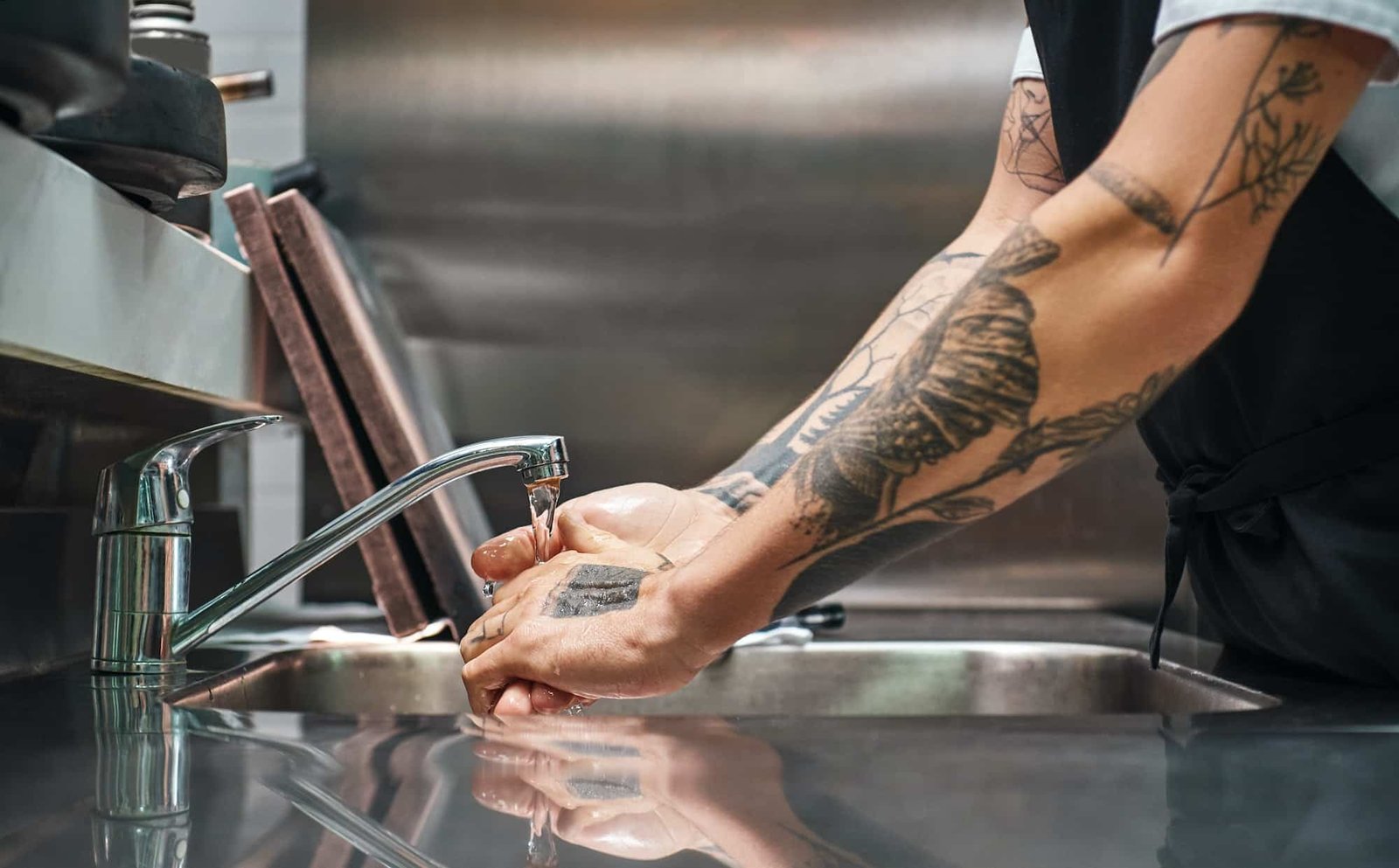
Types Of Tattoo Infections
The types of infections that tattoos can cause vary in severity. Some common infections include bacterial infections such as staph and strep, which can lead to skin abscesses or cellulitis. Viral infections like hepatitis B and C are also a concern since they can be transmitted through contaminated needles used during tattooing procedures.
Fungal infections resulting from tattooing are rare but possible, especially if the artist does not use sterile equipment or follow proper aftercare instructions.
Allergic reactions occur when a person’s immune system reacts to the ink or another substance used during the procedure.
How Fast Can A Tattoo Get Infected?
Infection can occur at any point during the healing process, typically taking about two weeks. However, signs of infection may not appear until several days after getting the tattoo. Symptoms include redness, swelling, warmth around the tattooed area, pain or tenderness, and pus or fluid discharge from the site.
The speed at which a tattoo gets infected depends on several factors, such as the size of the tattoo, its location, and how well it’s taken care of after being inked. Generally speaking, infections tend to occur within two weeks of getting a tattoo.
You must seek medical attention immediately if you notice any signs of infection. It’s worth noting that some people may be more prone to infections than others due to their immune system response or pre-existing health conditions.
Treatment Of An Infected Tattoo
An infected tattoo is one of the most common issues, which can be uncomfortable and painful. If you suspect your tattoo has become infected, taking immediate action to prevent further complications is important.
The first step is to thoroughly clean the area around the tattoo using warm water and mild soap. Avoid harsh chemicals or alcohol-based products, as they irritate your skin further. Once you have cleaned the area, pat it dry with a clean towel and avoid rubbing or scratching at the affected area.
After cleaning, apply an antibiotic ointment such as Neosporin or Polysporin to the affected area. This will help fight off any bacteria causing the infection and promote healing.
You should avoid picking at scabs or scratching the affected area, as this can introduce bacteria into the wound. Also, do not cover your tattoo with tight clothing or bandages that can trap moisture and prolong healing.
If your symptoms persist over a few days or worsen, seek medical attention immediately.
Prevention
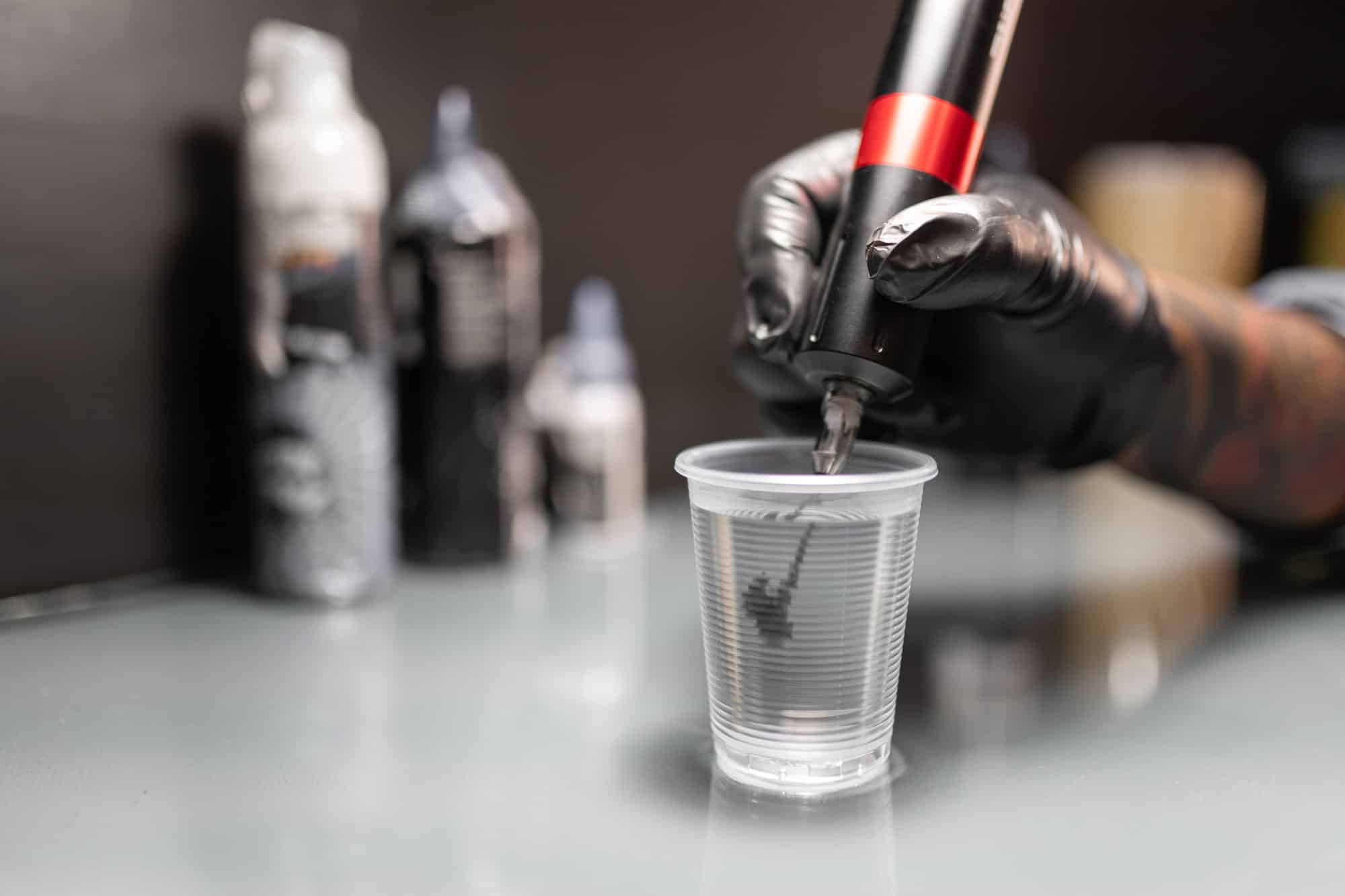
To prevent tattoo infection, the first step is to choose a reputable tattoo artist who follows strict hygiene practices. Make sure they use sterilized equipment and dispose of needles properly. After getting your tattoo, follow the aftercare instructions provided by your artist carefully. Keep the area clean by washing it gently with mild soap and warm water 2-3 times daily for the first few days.
Avoid swimming or soaking in water for at least two weeks after getting your tattoo. This includes hot tubs, pools, and even baths. Water can cause bacteria to enter the wound and increase your risk of infection.
Conclusion
In conclusion, treating an infected tattoo can be a challenging experience. However, taking the necessary steps to ensure that your tattoo heals properly is important. By following these steps and understanding the signs of infection, you can reduce your risk of complications and provide your tattoo with the best care possible.
Do not forget to attend regular follow-up visits with your doctor or tattoo artist to ensure everything is healing as expected. You can enjoy your ink for many years with proper care and attention.
FAQs
Is the infection contagious?
It depends on the type of infection. Some infections, such as the common cold or flu, are highly contagious and can be spread through contact with an infected person or object. Other infections, such as certain types of bacterial infections, may not be contagious at all. Sometimes, even if an infection is not contagious, it can spread indirectly through contact with contaminated surfaces or objects.
How long does it take for an infected tattoo to heal?
The length of time it takes for an infected tattoo to heal depends on the severity of the infection. In general, healing can take a few days to several weeks. If the infection is mild, applying an antibiotic ointment and keeping the area clean and dry may help clear it up within a few days. However, if the infection is more serious or involves redness, swelling, and pus drainage, it may require oral antibiotics and medical attention. In this case, healing could take several weeks or even longer.
How to treat infected piercings?
The first step in treating an infected piercing is to keep it clean. Clean the area with a saline solution or mild soap and water twice daily. Ensure your hands are clean when touching the piercing, as this can help prevent further infection. Avoid using harsh chemicals, such as alcohol, peroxide, or Betadine, which can irritate the skin and make the infection worse.
It is also important to take measures to reduce inflammation and pain associated with an infected piercing. Applying a cold compress for 10 minutes several times daily can help reduce swelling and discomfort. Over-the-counter medications such as ibuprofen or acetaminophen may relieve pain and inflammation.

